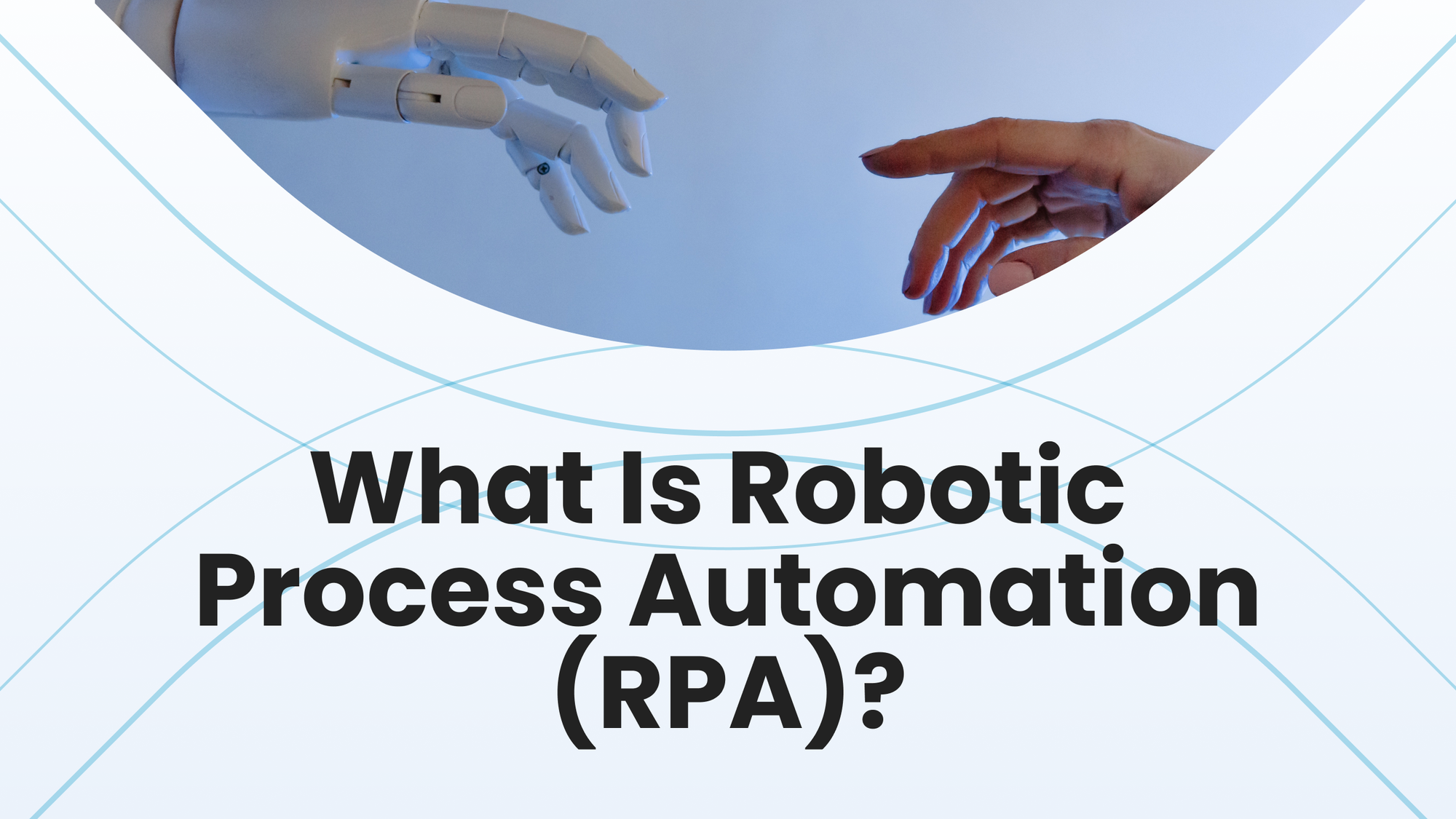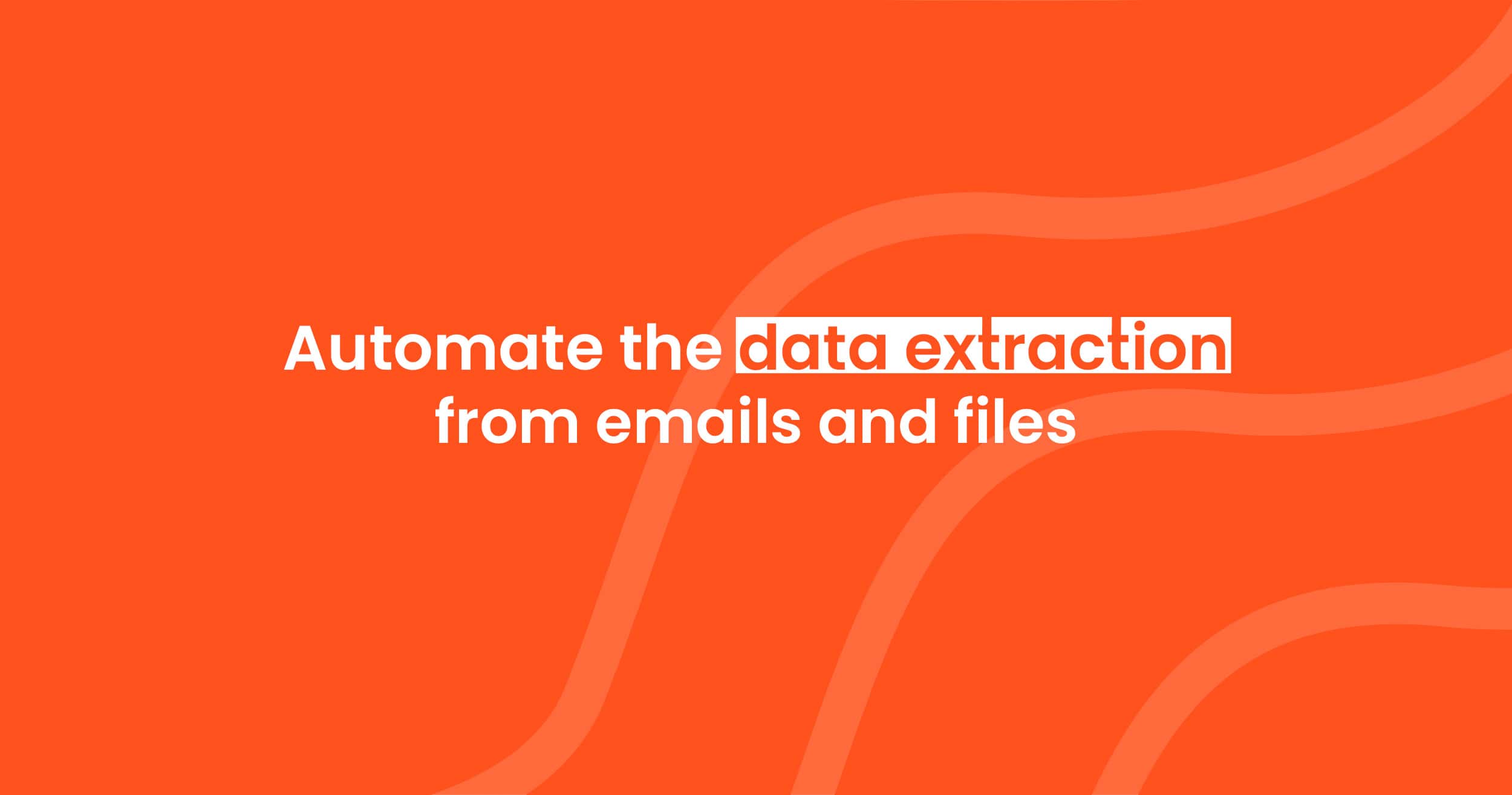What Is Robotic Process Automation (RPA) in 2026?
Explore how robotic process automation (RPA) optimizes workflows, enhances productivity, and reduces costs by automating repetitive tasks across various industries. Learn about its projected growth and benefits.

Robotic process automation (RPA) is the application of a technology that allows employees in a company to automate simple, repetitive tasks. It can help your business improve efficiency and productivity by automating menial and time-consuming tasks. RPA software is designed to mimic human interaction so it can be used to automate processes such as customer service, data entry, and accounting. Also, it will only continue to grow in popularity over the next few years. The below article will let you learn more about RPA.
Why Do You Need RPA?
Are you running a small or medium-sized business? If you are, then there is a high probability of you needing an RPA system. Many businesses in 2026 face the following problems:
- Low productivity.
- Low compliance.
- Low efficiency.
- Bad customer support.
- Not so good employee experience.
The good news is that with an RPA you can easily tackle these problems and make significant improvements in each sector. Furthermore, this is all about an effortless and automated process. Finally, you also will be able to save capital and time.
Business Benefits of RPA
RPA, or robotic process automation, is quickly gaining popularity in the business world, and it's evident why.

It can help businesses to automate repetitive tasks thus freeing up employees to focus on more important work. RPA can also improve accuracy and consistency, as well as reduce costs.
In addition, it can help improve customer satisfaction by providing faster turnaround times and better service. In other words, RPA is an excellent solution for business!
To keep it short, if you're looking to give your business a boost, just read this article to learn more about its detailed advantages.
Boosting Your Business’ Productivity
The benefits of RPA automation can be cut down to a single principle: let humans do what they do best while robots take care of the things that get in the way.
Work that doesn't require employees to use their expertise, such as copying and pasting data between corporate systems, takes up a lot of their time. So, employees can't do as much in a day due to the time and energy required for manual operations.
RPA changes this and can boost a team's work capacity by 40% to 60% when configured properly.
Finally, with humans and robots splitting low-level and back-office labor, you can do more in less time.
Efficiency Improvements
RPA is available 24 hours a day, seven days a week, making it more than triple the output of a human employee. When the process needs to be adjusted, the organization merely needs to change the initially specified rules (edit the script), not teach the employee. Likewise, RPA reduces the training investment and saves time.
Accuracy Improvements
RPA can also considerably improve the precision of important operations since they are not prone to human error. Software robots can perform jobs swiftly and precisely as long as they are trained correctly by employees.
Data Security Improvements
If you are a seasoned business person, you understand the importance of data. Data is at the core of the company or business life.
RPA offers increased data security. By automating repetitive tasks and processes, RPA can help reduce human error and improve accuracy. In addition, RPA can help eliminate the need for sensitive data to be stored in insecure locations. By using RPA, businesses stay assured about their data’s safety and security.
Furthermore, managers might be concerned about the security of such systems, given the prevalence of data leaks and breaches. However, if the RPA parameters are well-managed, the chance of leaks between platforms is extremely low.
Thus,, choosing a system that has been carefully created and is regularly updated, will provide you with more peace of mind when it comes to security.
Finally, RPA is an essential tool for any business that is looking to increase its data security.
Where can you use RPA?
RPA can be used in a variety of settings in order to automate manual tasks.

- It is well suited for repetitive tasks that are rules-based and do not require significant decision-making.
- RPA can be used to automate data entry, report generation, claims to process and other similar tasks.
- RPA can also be used to handle tasks that are time-sensitive, such as monitoring inventory levels or tracking the orders status.
- RPA can provide a significant boost to efficiency and productivity in any set-up where manual labor is currently being used to perform repetitive tasks.
RPA and AI - What Is the Difference
An RPA is a software robot that can imitate human actions. They use predefined activities and business rules to carry out a variety of operations, transactions and processes across many software systems. With RPA, the intended outcome can be achieved without human involvement.
On the other hand, Artificial Intelligence (AI) refers to machines or systems that can imitate human reasoning. They serve to create insights and produce analytics at the same level as a human, or at an even higher one.
Finally, is RPA the same as AI? Well, it is obviously not the same, and the difference is significant. . Whilst RPA follows a pre-written algorithm or program to execute a task, AI tends to follow its own reasoning by finding a better solution - like an intelligent being.
The only similarity in both systems is that they are programs to serve human needs.
Conclusion
Robotic process automation (RPA) is growing in popularity as a way to boost the productivity of businesses. In 2026, it has become an even more important tool in the business world.
RPA can automate simple, repetitive tasks that are time-consuming and don't require human judgment. This frees up employees to focus on higher-value work. There are many benefits of using RPA in your business, including increased efficiency, cost savings, and improved customer service.
Parsio is a good example of an RPA. Parsio is an email parser platform that can help you automatically extract essential information from your emails (order info, leads info, create financial reports from transactional emails, etc.). Then you can pipeline the same data in real time to your CRM, Database, Google Sheets, and more.

